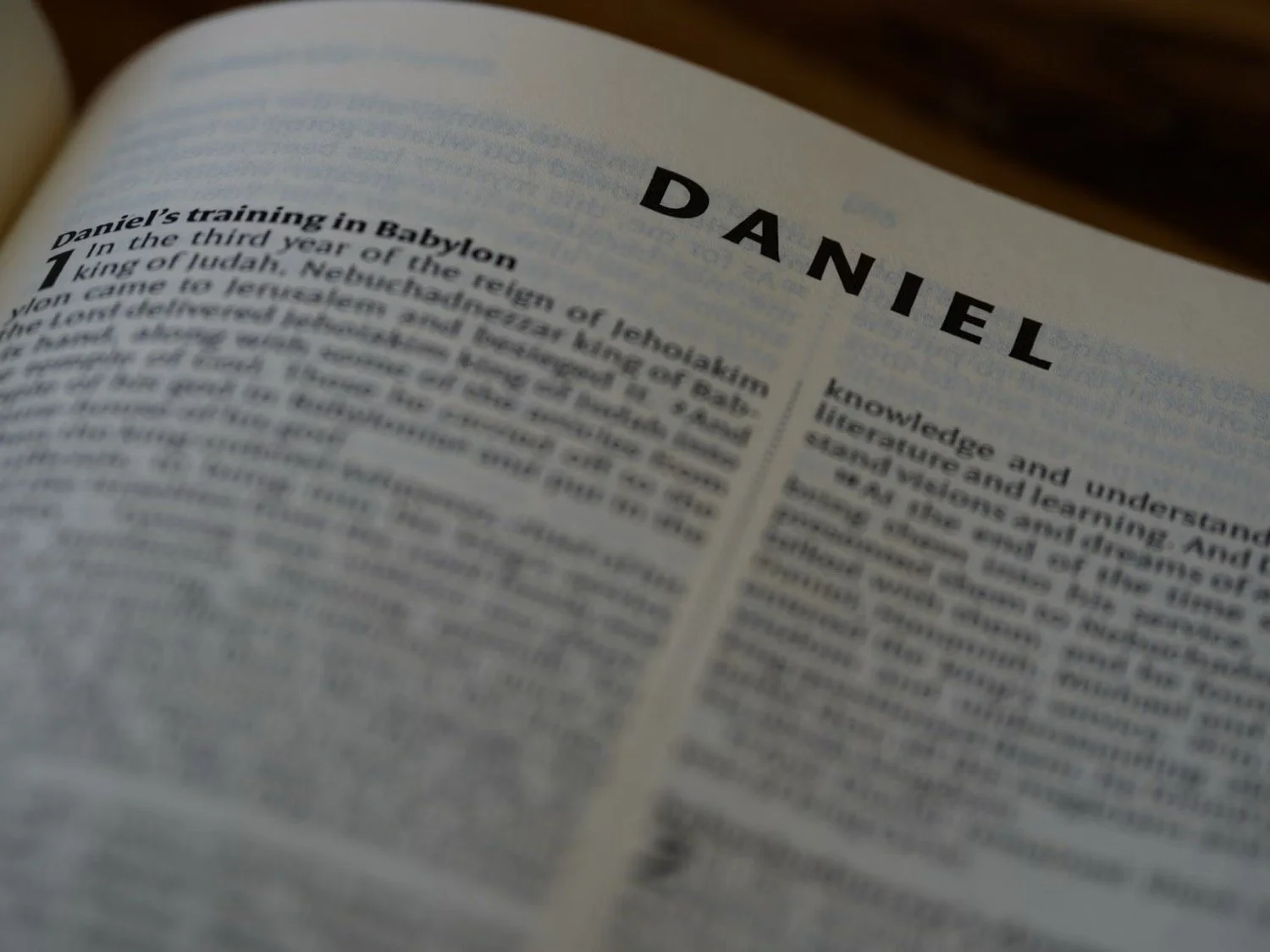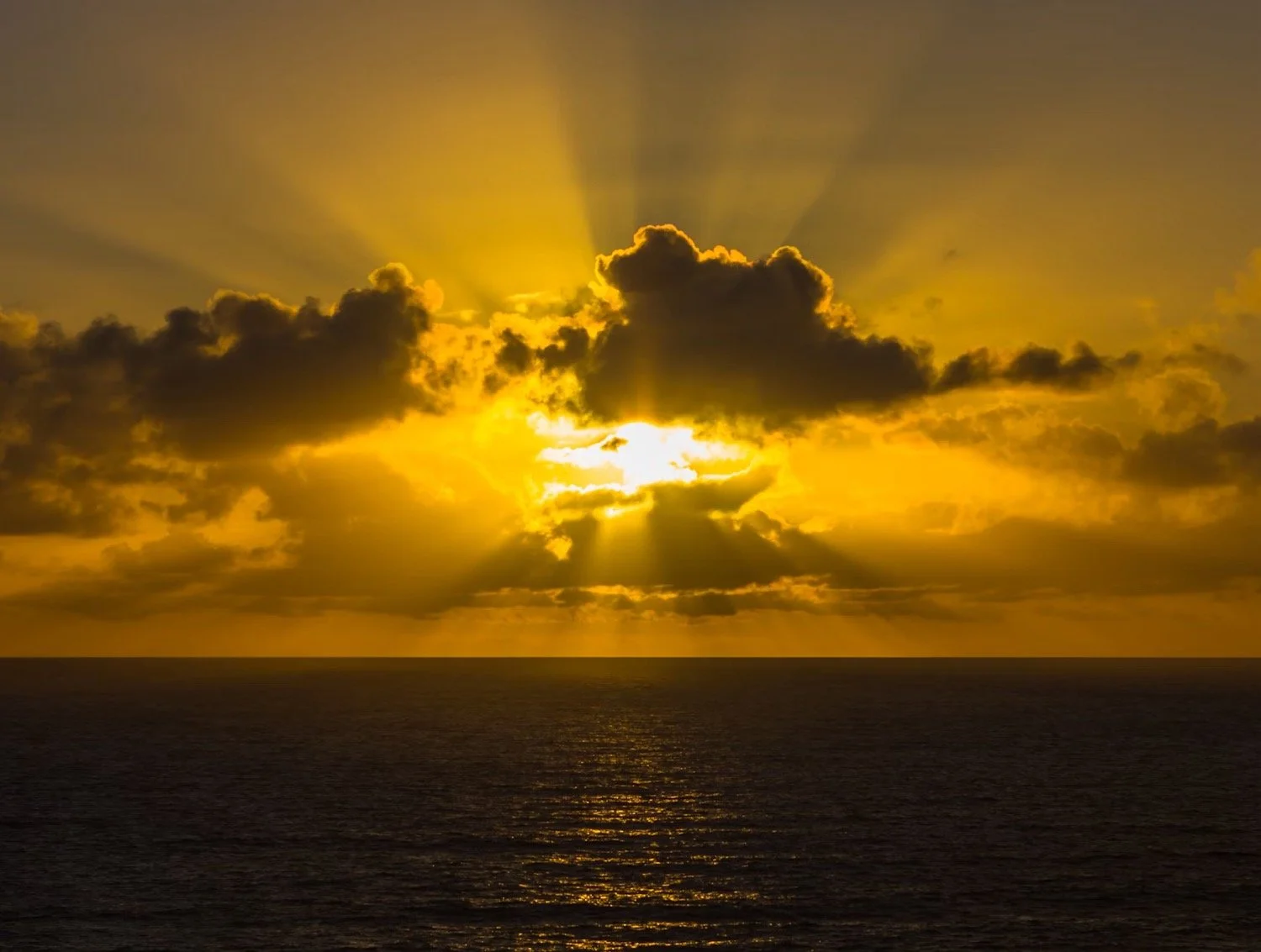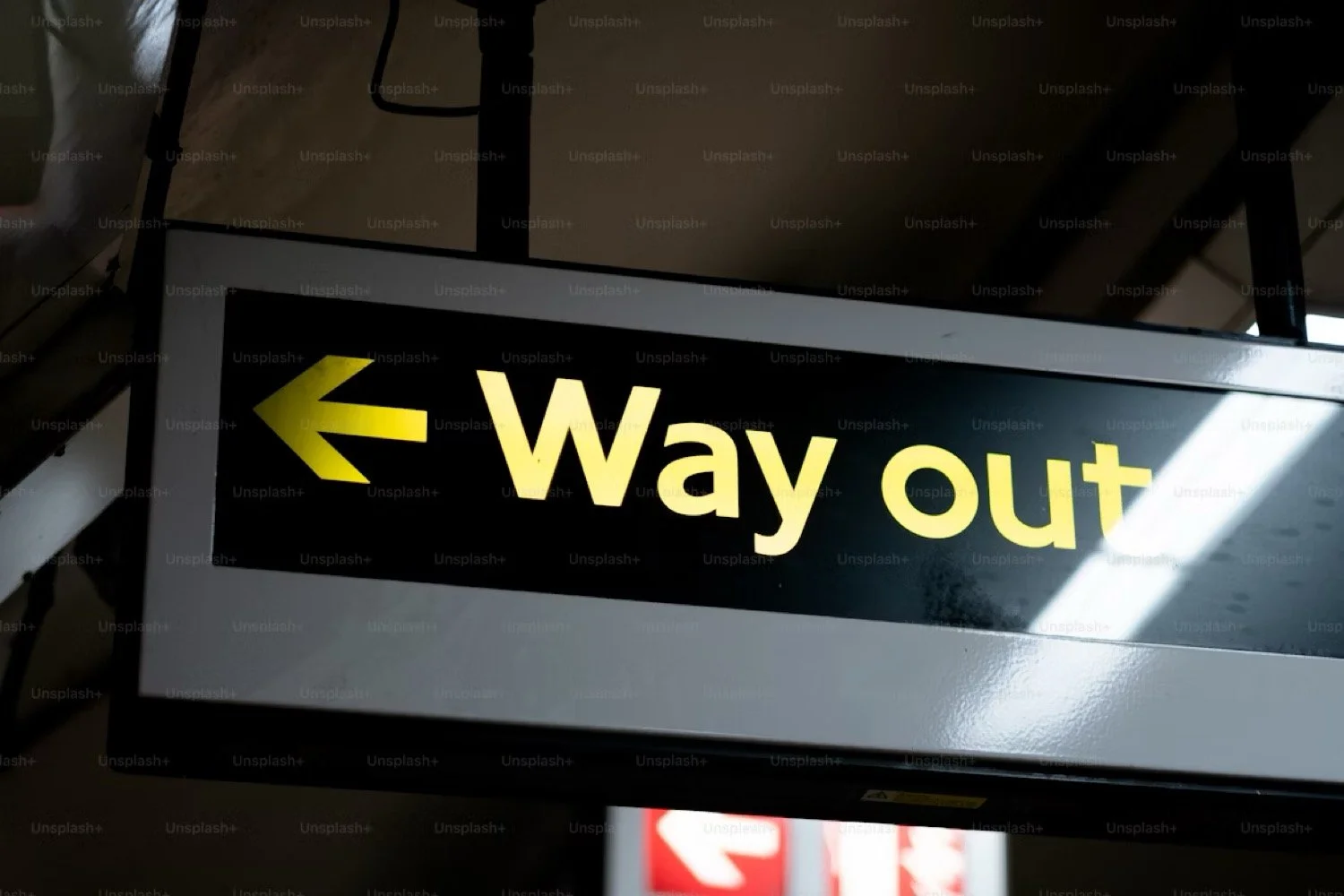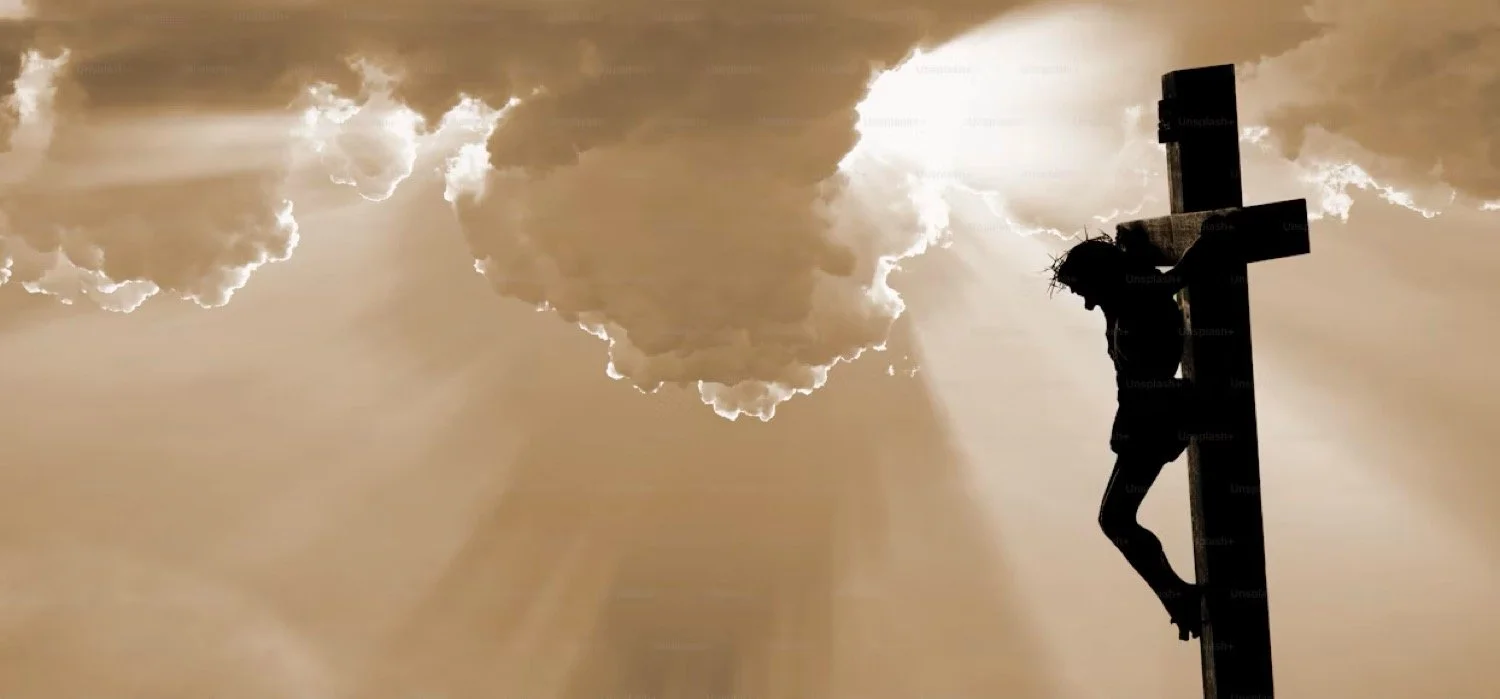Readings for today: 1 Samuel 1-3
Today’s reading represents a transition point in salvation history. As we’ve already seen, things are really bad in Israel. The people do not honor God. They do not have leaders who honor God. They are simply going through the motions of worship. Saying all the right things. Making all the right sacrifices. But in their hearts, they reject God. The rebel against His Law. Their priests are a disaster, engaging in sexual immorality. Making a mockery of the sacrificial system. Abusing their spiritual authority. Eli and his sons are the last in the line of the judges. A corrupt time in Israel’s history that heartens back to the days of the Great Flood, the Tower of Babel, and slavery in Egypt. And it reminds me of our own time as well. I think of the “scamvangelists” I see on television promising all kinds of miracles and blessings to those who will send in money right now. I think of many preachers who abuse their spiritual power and authority to engage in all sorts of sexual abuse and immorality. I think of the pastors who are trying to leverage this moment for their fifteen minutes of fame while placing their congregations in real danger. It’s scary.
Thankfully, God never abandons us. At each point in salvation history when things seem darkest, God Himself brings forth a new light. A new leader. Godly leaders who would seek Him with all their hearts and be “blameless” (not perfect) in their generation. Noah. Abraham. Moses. Now it’s Samuel’s turn to take up the mantle of leadership and lead Israel back to Yahweh. Samuel is really a bridge from the time of the Judges to the time of the Kings. He will oversee a major transition in the life of Israel as they go from a bunch of tribes, each with their own identity, to one nation under a strong, centralized monarchy. It’s also striking to note Samuel’s age when he receives this call. Noah, Abraham, and Moses were all old men. Well beyond their prime. Samuel is a young boy. Not yet come into his own. The message here? God can use anyone at anytime to accomplish His purposes.
“Now the boy Samuel was ministering to the Lord in the presence of Eli. And the word of the Lord was rare in those days; there was no frequent vision. At that time Eli, whose eyesight had begun to grow dim so that he could not see, was lying down in his own place. The lamp of God had not yet gone out, and Samuel was lying down in the temple of the Lord, where the ark of God was.” (1 Samuel 3:1-3)
Several things stand out in this passage. The Word of the Lord was rare. There was no vision. Eli, the current judge and spiritual leader of Israel, was going blind. All of these are connected. Israel was so mired in sin that God had gone almost silent. Throughout the Bible we see this dynamic in play.
“For the eyes of the Lord run to and fro throughout the whole earth, to give strong support to those whose heart is blameless toward him.” (2 Chronicles 16:9)
“For My eyes are on all their ways. They are not hidden from Me, nor is their iniquity concealed from My eyes.” (Jeremiah 16:17)
“And no creature is hidden from his sight, but all are naked and exposed to the eyes of him to whom we must give account.” (Hebrews 4:13)
God will not be mocked. When God’s people continue to turn to sin instead of turning to Him in faithfulness, He will withdraw His presence. He will withhold His Word. He will give “them up in the lusts of their hearts to impurity...give them up to dishonorable passions...give them up to a debased mind to do what ought not to be done.” (Romans 1:24, 26, 28) And that is exactly what had taken place in Israel and in Eli’s own family. Eli failed to discipline and restrain his sons. Hophni and Phineas are the very definition of corrupt religious leaders who manipulate the faith for their own benefit. And though things look okay on the outside - i.e. sacrifices are being made, prayers are being said, worship is taking place - the people of God are spiritually dying.
Thankfully, all hope is not lost! The lamp of God had not yet gone out! A young boy lies down in the temple of the Lord ready to receive His Word anew! Note the differences between Eli and Samuel. Eli is old. Infirm. Going blind. Samuel is young. Strong. His eyesight is clear. Eli is alone. Lying down in his own place. Samuel is also alone but makes his bed in the temple to be near the ark of God. Eli is associated in this passage with the rarity of God’s Word and a lack of vision. Samuel is associated with hope because light still flickered in the lamp of God.
“The world has yet to see what God can do with a man (or woman) fully consecrated to him.” (Attributed to Dwight L. Moody) Spiritual revival always begins with one person fully devoting themselves to God. Samuel was set apart from conception to be such a man. His mother gave him to the Lord to be raised in the temple. He was open to hear God’s call when it came. As a result, revival did come to Israel. “And Samuel grew, and the Lord was with him and let none of his words fall to the ground. And all Israel from Dan to Beersheba knew that Samuel was established as a prophet of the Lord. And the Lord appeared again at Shiloh, for the Lord revealed himself to Samuel at Shiloh by the word of the Lord.” (1 Samuel 3:19-21)
Where do you find yourself today? In the midst of our current crisis? In the midst of all the social isolation and quarantine? Are you like Eli, Hophi, and Phineas? Enslaved to your sinful desires? Pursuing a life apart from God? Is the Word of the Lord rare in your life? Let me strongly encourage you to go before the Lord in honest, even ruthless, self-examination. Ask God to show you the areas of your life that need to be surrendered. Or are you more like Samuel? Do you have a heart for God? Let me encourage you to dig deep into His Word. Dedicate daily time in prayer. Listen for God’s voice as it comes to you through His Word or through other believers or through your own personal prayer time. And when He speaks, may you answer with Samuel, “Speak Lord! Your servant is listening.”
Readings for tomorrow: 1 Samuel 4-8




